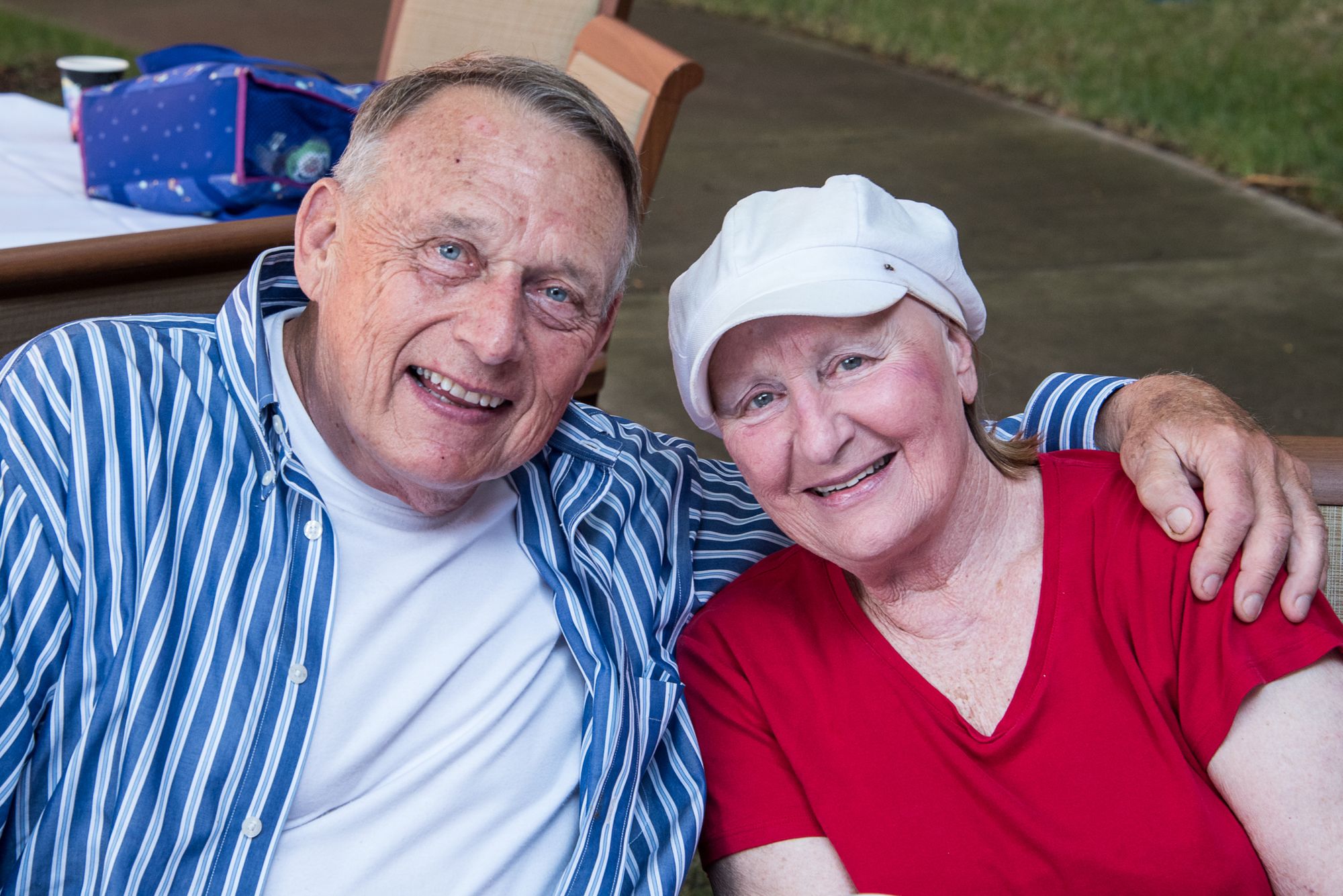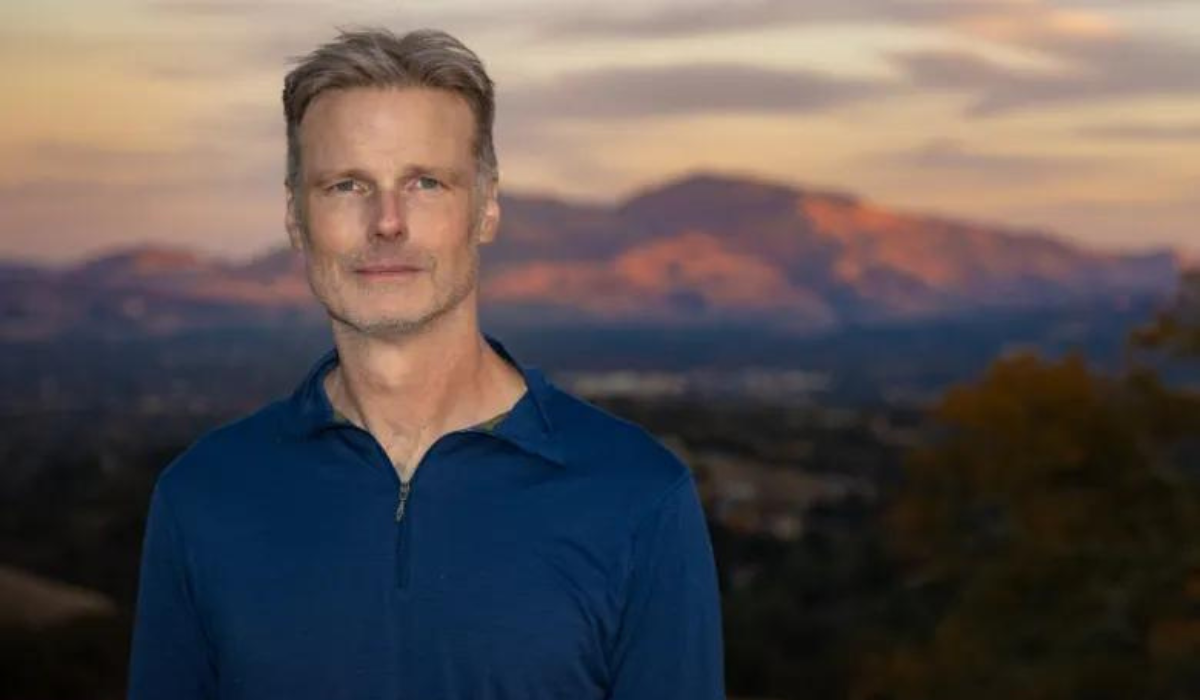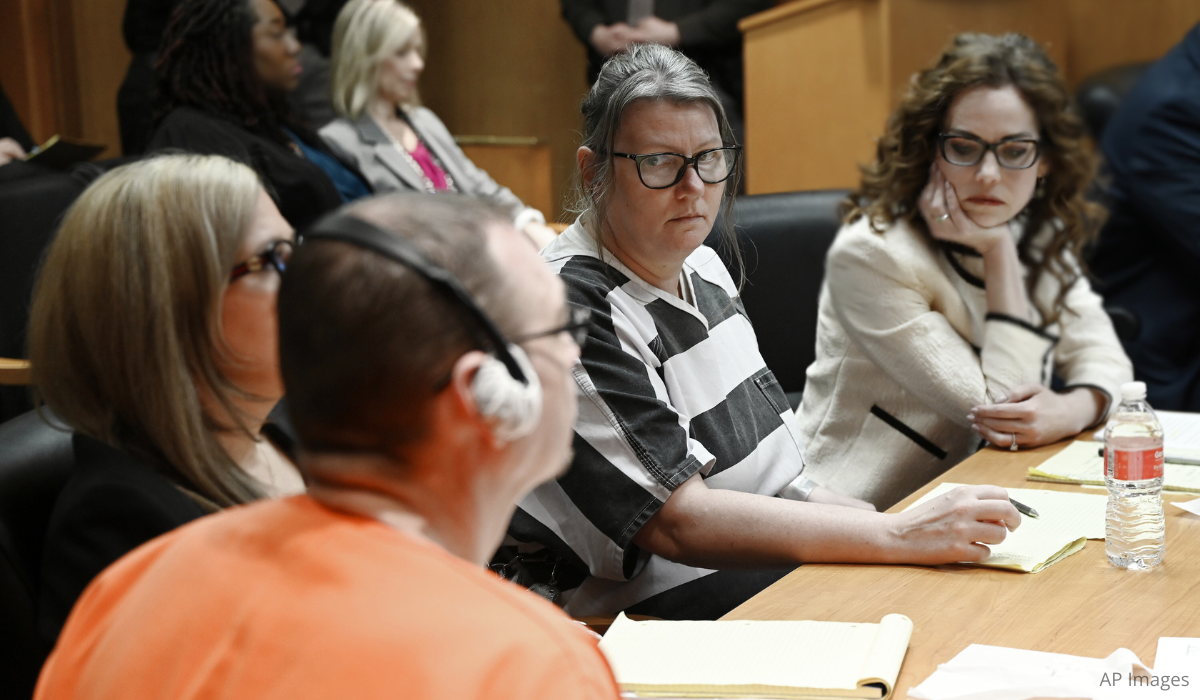4 Things I Wish I Knew When My Wife Was First Diagnosed with Alzheimer’s
I met my First Elaine in 1953, when we were both freshmen at what is now called Milwaukee Lutheran High School in southeastern Wisconsin. My First Elaine helped me achieve each one of my successes and stood by me in every one of my losses and illnesses. Elaine was as intelligent, kind, gracious, loving, understanding, self-sacrificing, and forgiving as any wife, mother, or grandmother could ever be. If it weren’t for her, there wouldn’t be me.
It was about 2005, when she was in her mid-sixties, that Elaine began to slip away from me. Her daily skills declined, and her interest in long-held hobbies withered. Gradually, my constant helpmate became dependent on me for everything and was diagnosed with Alzheimer’s. Eventually she forgot her family, including me.
Even with Alzheimer’s disease, Elaine remained as kind, gracious, loving, and self-sacrificing as any person could be. But she was not the same person. My First Elaine gave way to my Second Elaine.
If you are a caregiver, here are four things that I have learned over the past 18 years that I hope make a difference in your life and that of your loved one.
#1 Chronic stress experienced by Alzheimer’s caregivers may shorten their lives by as much as four to eight years.
Consider this: people with Alzheimer’s who are sixty-five and older survive, on average, four to eight years after their diagnosis. Some live with the disease as long as twenty years. When you as a caregiver give up a healthy lifestyle as a result of your caregiving burden, you’re stacking the odds against yourself, leaving you with the sickening possibility that your partner with Alzheimer’s will outlive you. That’s got to be one of the cruelest twists of this terrible disease.
No matter how much you love your partner, you can’t take good care of him or her if you don’t first take good care of yourself. I didn’t realize how important that was until it was almost too late. I don’t want that to happen to you.
I should have started earlier to search out an adult day care so that I could reclaim part of the day for myself, including time for exercise.
#2 The fact that family and friends can’t fully understand what a caregiver is going through is not a good enough reason to avoid them.
When your partner has Alzheimer’s, you can feel like that lone wolf, isolated from anyone who cares about your well-being.
People don’t usually think of offering rides or meals or help with the yard work to an Alzheimer’s caregiver. They still love you, but they simply don’t know how to respond.
Feeling so lonesome was something I didn’t anticipate. Like other negative aspects of caregiving, it silently creeps in on you. Caregivers, here is your warning: loneliness is coming your way. Its cousin, depression, might show up on your doorstep too.
You can’t just put on a brave face day after day. You need to reach out to others and teach them about Alzheimer’s. To survive, you can’t worry that you’re being a burden.
#3 I wish I would not have let my ego get in way of what was best for Elaine.
The toughest question a caregiver faces is moving their loved-one to a facility. Moving to a facility was never going to cure Elaine. I knew that. But I also recognized that Marty’s One-Man Nursing Home was no longer good enough either. That realization made it somewhat easier for me to accept the inevitable: Elaine should move.
Home, I’ve learned, isn’t a building. It’s a place inside you where you feel secure. That goes for both of us.
Even as I adjusted to the emptiness in my home and in my heart, there were two emotions dominating my thinking: relief that Elaine would be safe and hope that now I could focus on being a better father and grandfather.
#4 By wishing for the past, I had deprived my wife of happiness in the moment. Even though it broke my heart, I should have let go of my First Elaine sooner so I could love my Second Elaine where she is now.
I had lived such an active life with my First Elaine. With my Second Elaine, that is no more. Unfortunately, it took me too long a time to realize that I must choose to let go, to accept that hard truth. We still can experience happiness, but like Dorothy in The Wizard of Oz, we must find it right in our own backyards.
One of the most painful losses for couples affected by Alzheimer’s is not being able to really talk about the kids and grandkids. Sadly, a person with Alzheimer’s is unable to be truly involved. For them, those family members might as well be strangers off the street.
Knowing that, I do tell Elaine about our children and grandchildren. It’s still worth doing. She might not be able to relate to the characters in my stories all the time, but she can sense that these are people I love and am proud of.
That’s my way of slaying the dragon: choosing to see my wife as the person she is now. Helping her enjoy the person she is now. Helping her sense that I am happy to be with her now.
In the early morning of April 25th, 2022, Elaine passed peacefully in her sleep. Looking back at the past 18 years, I should have forgiven myself for not being perfect. I was doing the best I could in a difficult situation.
Being an Alzheimer’s caregiver is about striving to help you and your loved one live your best lives possible, despite the circumstances. That means asking for help, letting go of the person you once loved to love the person they are today and remembering to take care of yourself, too. I share what wisdom I have learned in My Two Elaines: Learning, Coping and Surviving as an Alzheimer’s Caregiver to help other caregivers know they are not alone.
As a caregiver, you will do heroic work. You may be thinking, Me? A hero? I say, “Yes! A hero!” Even though your efforts won’t be enough to stop the disease from stealing your partner, the deeds you will perform as you continue to care for and love your partner are heroic.
Adapted from My Two Elaines: Learning, Coping, and Surviving as an Alzheimer’s Caregiver by Martin J Schreiber and Cathy Breitenbucher. Copyright © 2022 by Martin J Schreiber. Used by permission of Harper Horizon.
Martin J. Schreiber grew up in Milwaukee, Wisconsin. Inspired by his father’s example as a member of the Wisconsin State Assembly and the Milwaukee Common Council, Martin ran for public office even before he had completed law school. In 1962, he was elected as the youngest-ever member of the Wisconsin State Senate. He was elected lieutenant governor in 1970 and, in 1977, became the 39th governor of Wisconsin. Martin recently retired from his public affairs firm in Milwaukee and now is an advocate for Alzheimer’s caregivers. After spending nearly 20 years caring for his wife Elaine, he is passionately committed to speaking out to help caregivers and their loved ones live their best lives possible. Martin has four children, 13 grandchildren and seven great-grandchildren.




